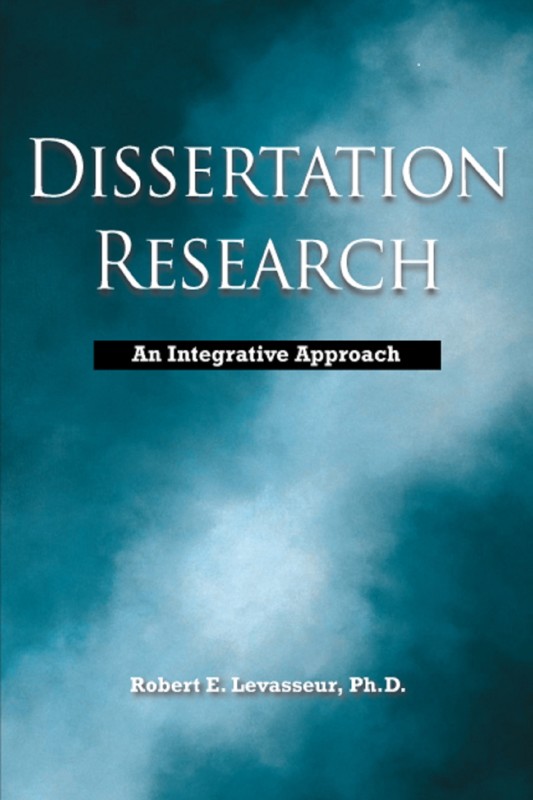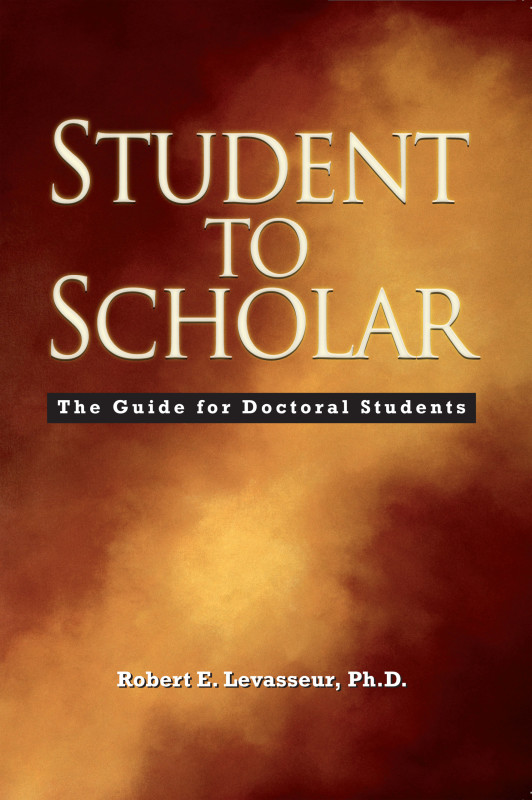Scholarly Writing: Content
To write at the doctoral level, you must meet high standards of communication. Both the content of your writing (i.e., your ideas per se) and the formatting of your document (i.e., how you present your ideas) are equally important in doctoral writing. The areas that you must pay special attention to when you write are:
Content
Organization
Grammar
Style
In this article, we examine issues related to the content of your doctoral papers.
Reflect Higher-Order Thinking
First and foremost, your doctoral writing must reflect the higher-order thinking skills of analysis, synthesis, and evaluation. Book report style, descriptive writing that demonstrates lower-order thinking skills, such as knowledge, comprehension, and application, is not acceptable.
In short, your writing must demonstrate your ability to read and analyze the ideas of other scholars, evaluate them, synthesize or integrate them into a meaningful whole, if necessary, and use them in support of your own arguments. “He said, she said” content, which constitutes the bulk of undergraduate and masters level writing will not suffice at the doctoral level.
Get on the BOAT
Second, your writing must be balanced, objective, accurate, and tentative. By balanced I mean that you must present both sides of an argument, not just your point of view. Many new doctoral students have very strong opinions about things that matter to them, and, as a result, want to use their doctoral writing to “prove” that those ideas are right.
While this is not a bad thing, it is also not a scientific or scholarly perspective.
Scholars know that such one-sided presentations are inherently biased. At the doctoral level, you must strive to present evidence for both sides of any position, and to demonstrate, by means of the work of other scholars and your own arguments, why your position is the stronger one.
Note the tentative nature of this last statement. This is intentional. In doctoral writing, you must reflect your basic understanding of the nature of scientific enquiry, that truth is subjective and, therefore, tentative. Early in our education, we learn about the nature of proof by experimentation, which is the hallmark of scientific investigation in the natural sciences. An object falls to earth when dropped, thus proving the existence of gravity. A chemical added to a liquid causes it to solidify, thus proving the validity of a chemical formula. It all sounds so objective and final.
As a doctoral student, you learn that proof is a much more tentative thing. For example, some people believe that the best leaders are take charge types who give orders and expect people to follow them. Others believe that the best leaders are charismatic ones who appeal to their followers’ emotions and higher level needs and who give them wide latitude in figuring out how to get the job done.
Who is right? The correct answer is that it depends on the circumstances. If I were in a fire fight, I would want my lieutenant to take charge. But back in the office, I would prefer a manager with a more democratic style.
In short, one of the things that distinguish the writing of a student from a scholar is that a student knows he or she is right while a scholar knows he or she might be wrong.
Doctoral writers use evidence from the literature, not rhetoric, to support their contentions. Shouting louder, debating better, or otherwise hammering home the courage of your convictions is unacceptable in doctoral communication. Objective evidence, as opposed to subjective opinion, is the coin of the realm in doctoral work. Do you have real, preferably hard, data from scientifically conducted research that backs up your arguments? If not, then don’t expect scholars to pay too much attention to what you have to say.
Accuracy and objectivity are closely related. In that regard, it is your responsibility to present the ideas of others from the literature as faithfully as you can, based on your own critical reading of their work. You must not distort their findings to make your point, even if you don’t agree with those findings. Instead, you must present rational arguments for why an intelligent reader, in the situation you are dealing with, would find the arguments of those who stand with you more compelling than the arguments of those who stand against you.
To learn more about the secrets to doctoral study success, read Student to Scholar and Dissertation Research.


